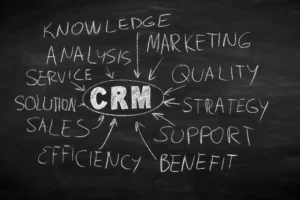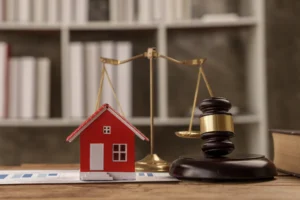Introduction
Air conditioning coils play a crucial role in the cooling efficiency of your AC unit. Over time, these coils accumulate dust, dirt, and debris, reducing airflow and causing the system to work harder. Cleaning AC coils regularly ensures optimal performance, extends the lifespan of your unit, and helps maintain indoor air quality. However, improper cleaning techniques can lead to damage, resulting in costly repairs. This guide will walk you through the safest and most effective methods to clean AC coils without causing harm to the system.
How to Clean AC Coils Safely
Turn Off the Power
Before starting, turn off the power supply to your AC unit to avoid electrical hazards. You can do this by switching off the circuit breaker or unplugging the unit.
Remove Debris with a Soft Brush
Use a soft brush to gently remove loose dirt and dust from the coils. Avoid using excessive force, as the delicate fins can bend easily, affecting airflow.
Use a No-Rinse Coil Cleaner
A no-rinse coil cleaner is an excellent option for quick and effective cleaning. Spray the cleaner evenly on the coils and let it dissolve dirt buildup. The cleaner will evaporate on its own, eliminating the need for rinsing.
Apply a Mild Detergent Solution
For deeper cleaning, mix a mild detergent with warm water. The JVC Tech Location Use a spray bottle to apply the solution to the coils, allowing it to break down grime. After a few minutes, gently wipe off residue with a soft cloth or sponge.
Flush with Low-Pressure Water (Outdoor Coils Only)
For outdoor coils, you can use a garden hose to rinse away dirt. Ensure the water pressure is low to prevent bending the coil fins. Avoid using pressure washers, as they can cause serious damage.
Straighten Bent Fins with a Fin Comb
If you notice any bent fins, use a fin comb to realign them. This step ensures proper airflow and enhances cooling efficiency.
Let the Coils Dry Completely
Before restoring power, allow the coils to dry completely. Turning the system back on with wet coils can lead to performance issues or potential damage.
Best Practices to Maintain AC Coils
- Schedule routine maintenance at least once a year.
- Keep the surrounding area clean and free from debris.
- Replace air filters regularly to reduce dirt buildup.
- Use coil protectants to prevent corrosion and dirt accumulation.
- Hire professionals for deep cleaning if necessary.
Common Mistakes to Avoid
- Using High-Pressure Water: Pressure washers can bend fins and damage the coils.
- Applying Harsh Chemicals: Strong cleaners may corrode coil surfaces and reduce lifespan.
- Skipping Regular Maintenance: Dirt buildup over time can lead to costly repairs and inefficiency.
- Neglecting Fin Straightening: Bent fins restrict airflow and lower cooling efficiency.
- Cleaning While the System is On: Always turn off power before starting any maintenance work.
Related FAQs
How Often Should You Clean AC Coils?
It is recommended to clean AC coils at least once a year. However, if you live in a dusty environment or use your AC frequently, consider cleaning them every six months.
Can You Use Vinegar to Clean AC Coils?
Yes, a mixture of equal parts vinegar and water can be used for light cleaning. However, it is not as effective as commercial coil cleaners for heavy buildup.
What Happens if AC Coils Are Not Cleaned?
Dirty coils reduce airflow, decrease efficiency, increase energy consumption, and may lead to system breakdowns over time.
Is Professional Cleaning Necessary?
If the coils are heavily soiled or you are unsure about cleaning them yourself, hiring a professional like The JVC Services Providers ensures safe and thorough maintenance.
Where Can I Get AC Repair Services in Jumeirah?
For expert maintenance and AC repair in Jumeirah, visit The JVC Tech Location here.
By following these best practices, you can keep your AC coils clean and ensure your system operates efficiently for years to come. Regular maintenance will not only save you money on energy bills but also prevent costly repairs in the long run.










